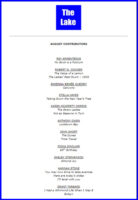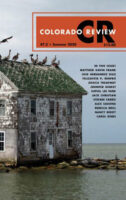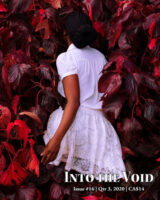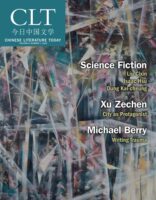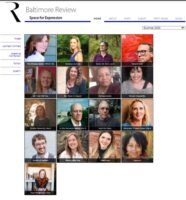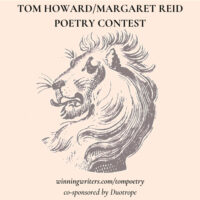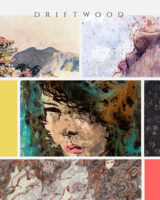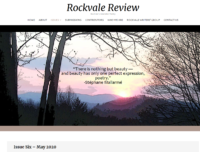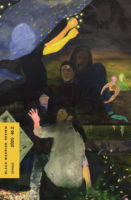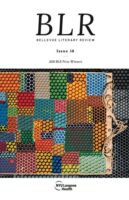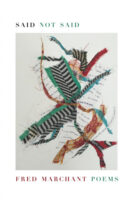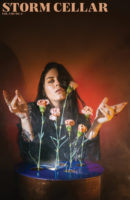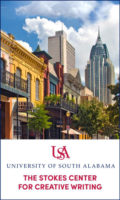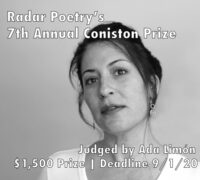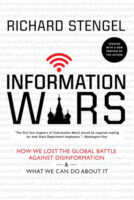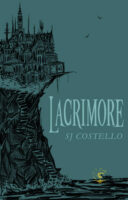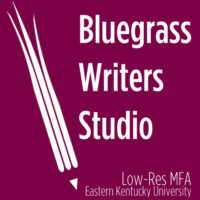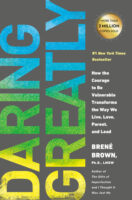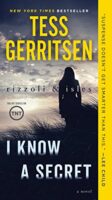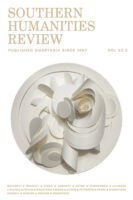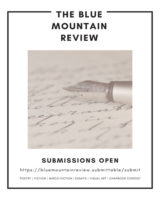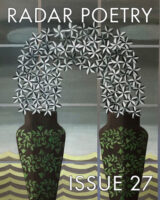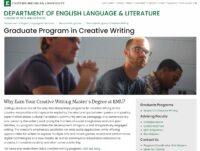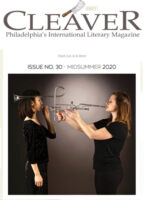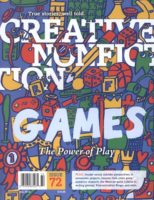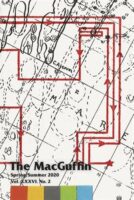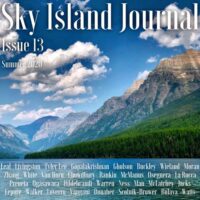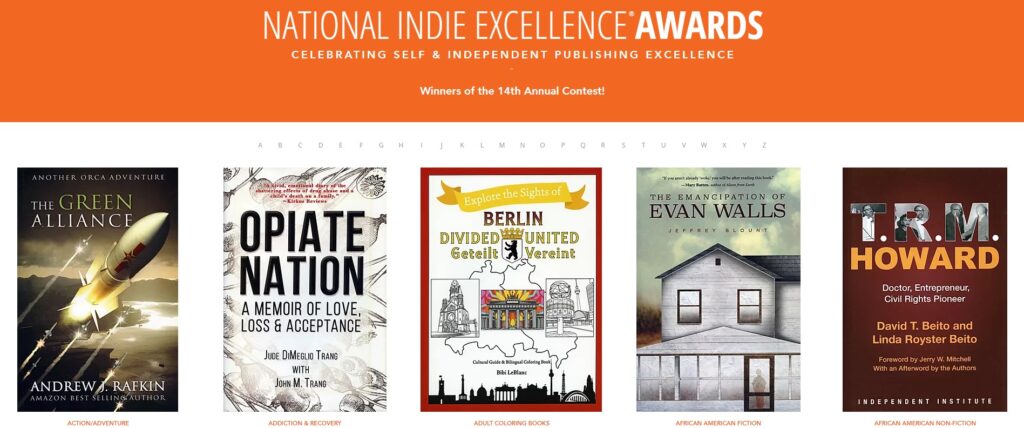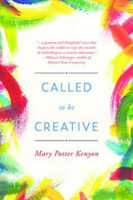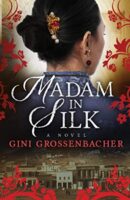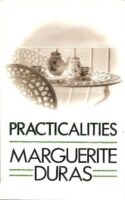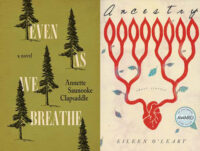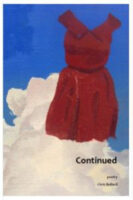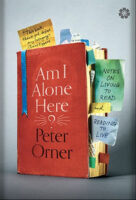 Guest Post by Brian Phillip Whalen
Guest Post by Brian Phillip Whalen
I’m rereading Peter Orner’s collection of essays, Am I Alone Here?: Notes on Living to Read and Reading to Live. (What a title! I’m also rereading Jonathan Franzen’s How to Be Alone.) Orner’s essays are ideal stay-at-home reading—easy-to-digest, elegantly composed—and his sparing prose is second-to-none at conveying depths of feeling in few words. The result is a perfectly-paced, heartfelt, sad, funny, and breathtaking book.
Orner seamlessly blends craft analysis (examinations of Chekhov, Welty, Malamud, Hurston, Wideman, Kafka, and scores of other writers) with memoir (stories of fathers, children, love, loss, joys, regrets, the pleasures—and solitude—of reading). Each essay is inspired by an act of reading, prompting explorations into the ways in which the books we read inform, intersect with, and sometimes mirror our lives:
It gets me every time. The way a story about characters, nonexistent people, pushes us back to our own, the people who do exist, who do walk the earth.”
It’s Orner’s voice, however, that draws me in. Though I’ve never met him, the feeling I get reading his essays is akin to sharing stories of hurt and redemption with an old friend over a cold beer, sitting on lawn chairs in the yard at sunset.
We have all done things we wish we could erase, forever, from the record. No matter how we airbrush our histories, the hurt we have caused will, always, reach out for us—like for me today—out of the December rain.”
Orner’s objective was to write about literature that “rattles the soul,” and in so doing, he amassed a collection of essays that continues to rattle mine. This is my go-to recommendation for readers wanting bite-size, ruminative literary essays—and these days, for anyone looking, as the title beckons, for some company in isolation.
Am I Alone Here? by Peter Orner. Catapult, 2016.
Reviewer bio: Brian Phillip Whalen’s debut collection of fiction, Semiotic Love [Stories], will be released in 2021 (Awst Press). Find him here: www.brianphillipwhalen.com.
Buy this book from our affiliate Bookshop.org.
